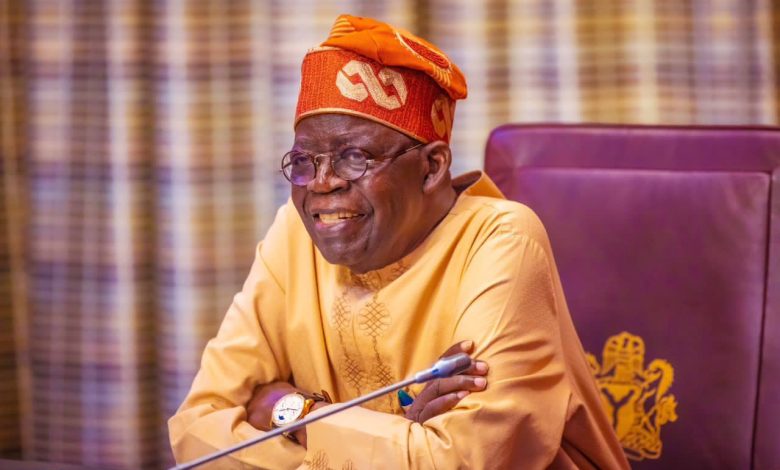The Nigerian government under the leadership of President Bola Tinubu has insisted that Compressed Natural Gas (CNG-powered) vehicles are safe for usage.
The government had announced the opening of an application portal for Nigerians who desire to convert their vehicles from Premium Motor Spirit, popularly known as petrol to Compressed Natural Gas (CNG).

This step was taken to provide Nigerians with workable solutions to the hike in the fuel price.
President Tinubu’s belief is that investment in CNG will make Nigerians to forget about the fuel price hikes.
SaharaReporters earlier reported that Malaysia announced that it will ban natural gas vehicles (NGVs) on June 30, 2025, prohibiting the registration of new NGVs starting from July 1, 2025, according to Transport Minister Anthony Loke.
The decision was prompted by safety concerns, as typical NGV tanks have a safe usage period of 15 years.
With NGV modifications and installations peaking from 1995 to 2014, many tanks in use today have likely reached the end of their lifespan.
Reacting, President Tinubu’s presidential aide, Bayo Onanuga clarified that Malaysia’s policy was focused on the safety of Liquefied Petroleum Gas (LPG), not CNG.
He added that Nigeria chose CNG specifically for its safety and cost-effectiveness, with plans underway to develop domestic tank manufacturing capacity.
Onanuga wrote, “Some clarification on Malaysia’s plan to phase out CNG-powered vehicles:
“The Malaysian issue relates to the safety of LPG, NOT CNG. In the original report, Transport Minister Anthony Loke stated, ‘There are also some car owners who have modified their vehicles using liquefied petroleum gas (LPG) cylinders, which are very dangerous.’
“NGV covers both CNG and LPG. Nigeria, in its transition, has adopted CNG ONLY, not both, due to valid safety and cost concerns regarding LPG.”
Onanuga further noted, “Malaysia’s programme for CNG-powered vehicles struggled, achieving only a 0.2% conversion rate over 15 years. By contrast, nations like India, China, Iran, and Egypt have seen considerable success.”
He added that Malaysia faced difficulties in replacing 15-year-old tanks due to limited manufacturing capacity, while Nigeria, in its first year of adopting CNG, is already addressing this.






